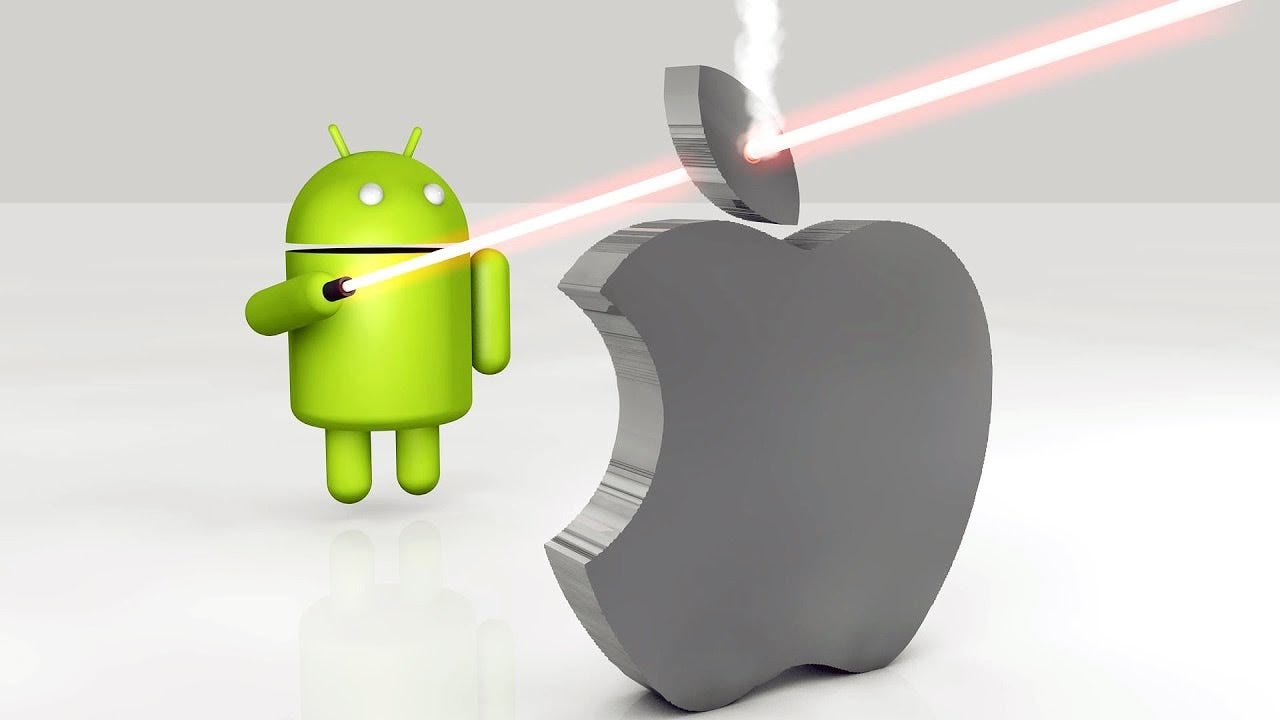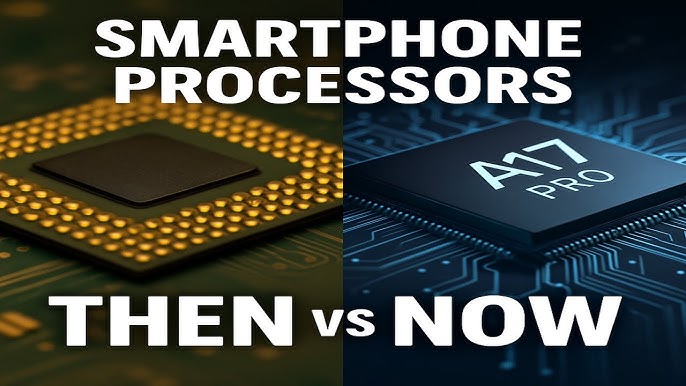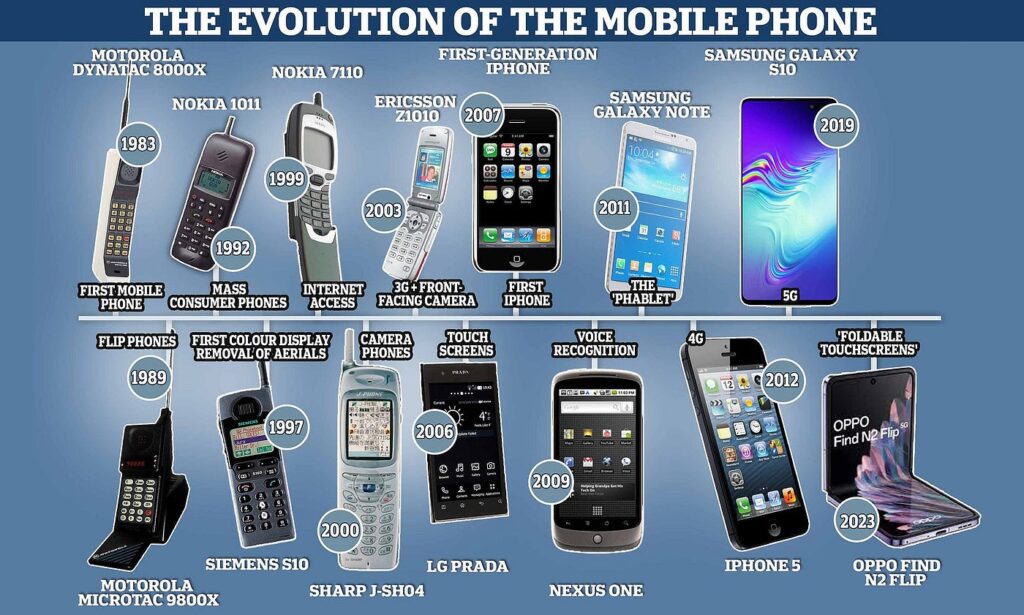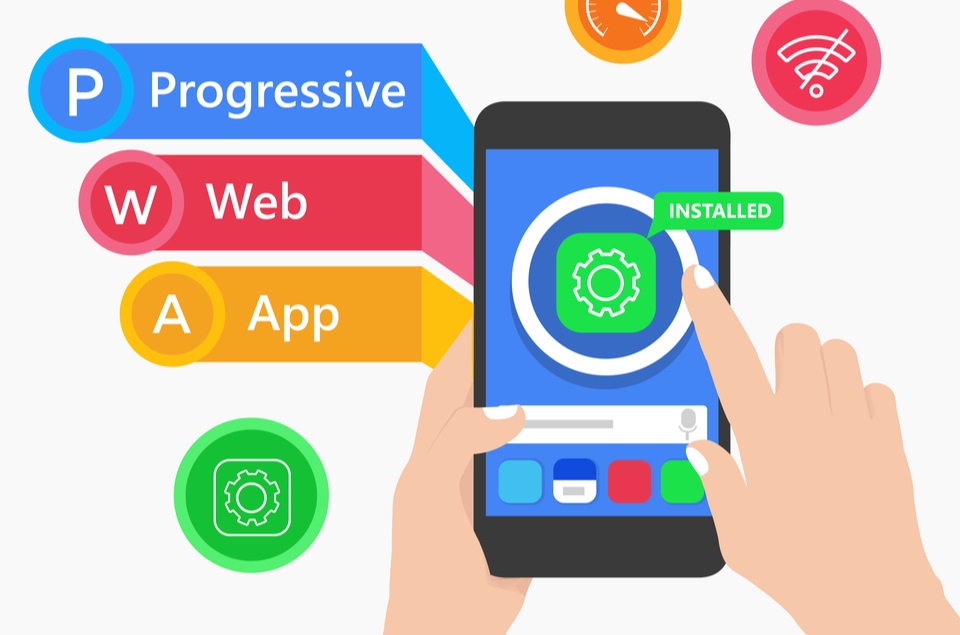The debate between Android and iOS has been ongoing for over a decade, with fans on both sides claiming superiority. While iOS offers a polished, consistent experience backed by Apple’s ecosystem, Android has grown into a highly versatile, powerful platform used by billions worldwide. In this article, we explore why Android is often considered better than iOS, especially when it comes to flexibility, value, innovation, and customization.

1. Device Variety and Price Range
One of the biggest strengths of Android is the vast array of devices available. Unlike iOS, which is exclusive to Apple devices, Android is used by manufacturers like Samsung, Google, OnePlus, Xiaomi, Tecno, Infinix, and many more. This diversity leads to:
-
Greater affordability: You can get a capable Android phone for under $100 or a high-end flagship with cutting-edge technology. There’s something for every budget.
-
Innovation in design: Manufacturers experiment with foldable phones, pop-up cameras, massive batteries, and gaming-focused devices—features rarely found on iPhones.
2. Customization and User Control
Android allows far more control over how your phone looks and functions:
-
Home screen customization: Change icons, layouts, widgets, launchers, and animations to suit your style.
-
App flexibility: Install apps from the Google Play Store, third-party stores like APKPure, or even directly via APK files.
-
Default apps: You can change your default browser, messaging app, or assistant—iOS only recently allowed some of this and still has limitations.
3. Expandable Storage and USB-C
Most Android phones support:
-
MicroSD cards: Expand your storage cheaply and easily.
-
USB-C ports: Faster data transfer, fast charging, and universal compatibility. iPhones only recently moved to USB-C on newer models, but most are still Lightning-based.
4. Faster Innovation and Cutting-Edge Features
Android manufacturers are often first to market with exciting features, such as:
-
High-refresh-rate displays (120Hz+)
-
Foldable and rollable screens
-
Periscope zoom cameras
-
Reverse wireless charging
-
On-screen fingerprint sensors
-
Desktop mode (like Samsung DeX)
By contrast, iOS updates are slower in integrating these technologies, focusing more on refinement than innovation.
5. Better Multitasking and Productivity
Android phones, especially those with large screens or foldable designs, are better equipped for productivity:
-
Split-screen multitasking
-
Picture-in-picture video playback
-
Floating windows and resizable apps
While iPads support advanced multitasking, iPhones are still relatively limited in this regard.
6. Freedom to Install APKs and Third-Party Stores
Android’s open system allows you to:
-
Download and install APKs directly
-
Access app stores beyond Google Play
-
Test beta apps or modified versions
-
Use apps not approved by Google (at your discretion)
This is particularly useful for tech-savvy users and developers who want more control. Apple’s closed ecosystem prevents installing apps from outside the App Store unless jailbroken.
7. Deeper File Management and Sharing
Android offers a desktop-like file system that allows:
-
Drag-and-drop file transfers
-
Full access to internal storage
-
Bluetooth file sharing
-
USB OTG support
AirDrop on iOS is handy for Apple users, but Android’s sharing options work across a broader ecosystem.
8. More Powerful Google Integration
Android is developed by Google, so naturally, the integration is seamless:
-
Google Assistant is smarter and more context-aware than Siri.
-
Google Maps, Gmail, YouTube, and Google Drive are native and deeply embedded.
-
Voice commands and smart features work better across services.
Though Google apps are available on iOS, they lack deep integration with system-level features.
9. Faster Charging and Battery Efficiency
Android devices often feature:
-
Super-fast charging (up to 240W in some phones)
-
Longer battery life
-
Battery health management
-
Reverse charging for other devices
iPhones tend to charge slower and have more restrictive battery management, despite their recent improvements.
10. Choice and Innovation in Every Category
From gaming phones to rugged devices, Android provides:
-
More choices in every niche
-
Specialized features for gamers, travelers, and creators
-
Freedom to choose based on preference, not branding
Conclusion
While iOS excels in ecosystem uniformity, security, and long-term updates, Android dominates in terms of customization, affordability, hardware variety, and freedom. Whether you’re a power user, a tech enthusiast, or someone looking for the best value, Android gives you more options, control, and cutting-edge features.
If you’re considering a new smartphone and want a platform that adapts to your lifestyle, Android may be the better choice.


